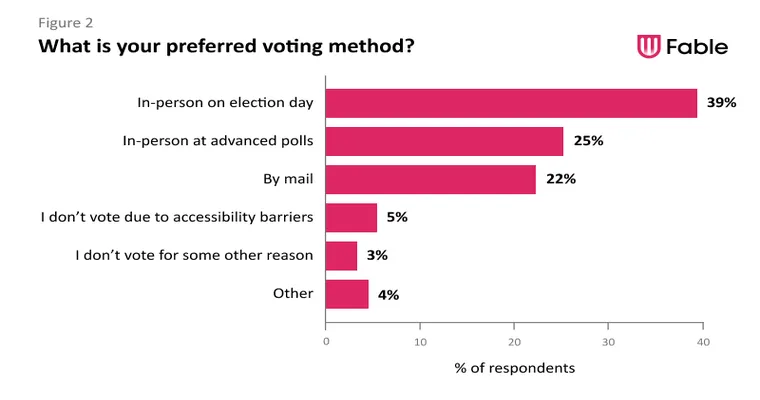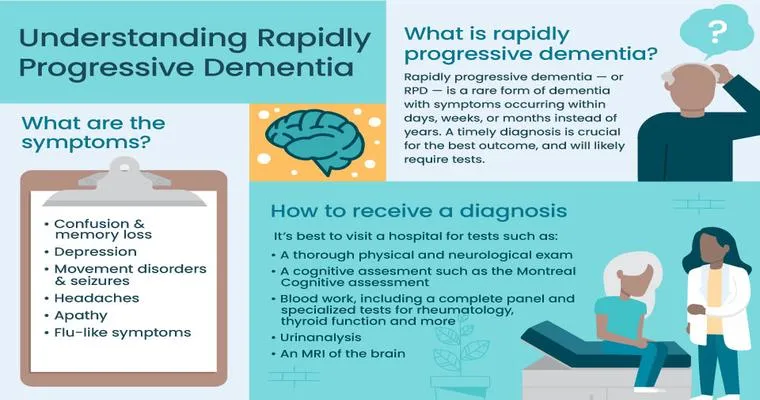When it comes to caring for loved ones with dementia, selecting the right "senior housing options" becomes crucial. Families often find themselves overwhelmed with choices, from independent living to specialized "memory care facilities". Understanding the various types of housing available can help ensure that dementia patients receive the support and care they need while maintaining a sense of dignity and comfort.
Types of Senior Housing Options
1. "Independent Living Communities": These facilities are ideal for seniors who are generally healthy but may require some assistance with daily tasks. While they do not provide specialized dementia care, they can offer a supportive environment where residents can socialize and engage in activities.
2. "Assisted Living Facilities": For seniors who need help with daily activities such as bathing, dressing, or medication management, assisted living facilities can provide a more tailored approach. Many of these facilities have staff trained in dealing with the specific challenges posed by dementia, allowing for a more comfortable living situation.
3. "Memory Care Units": Designed specifically for individuals with dementia or Alzheimer’s, memory care units offer a structured environment with specialized programs aimed at enhancing cognitive function and safety. These facilities typically feature secure settings and staff trained to handle the unique needs of dementia patients.
4. "Skilled Nursing Facilities": Also known as nursing homes, these facilities provide comprehensive medical care for seniors with severe dementia or other health issues. Skilled nursing facilities are equipped to handle complex medical needs and provide round-the-clock supervision and care.
5. "In-Home Care Services": For families who prefer to keep their loved ones at home, in-home care services can be a viable option. Caregivers can assist with daily tasks and provide companionship, which can be especially comforting for dementia patients.
Factors to Consider When Choosing Senior Housing
When exploring "senior housing options for dementia patients", there are several factors to consider:
"Level of Care Needed": Assess the specific needs of your loved one to determine which type of facility or service will be most appropriate.
"Location": Proximity to family and friends can affect the emotional well-being of dementia patients. Choosing a location that allows for frequent visits can be beneficial.
"Cost": Understand the financial implications of each option. Some facilities may accept insurance or offer financial assistance.
"Staff Training": Ensure that the staff is properly trained in dementia care and understands the unique needs of patients with cognitive impairments.
"Safety Features": Look for facilities that have safety measures in place, such as secure entrances and emergency response systems.
Conclusion
Choosing the right "senior housing option" for a loved one with dementia is a significant decision that can impact their quality of life. By exploring various types of housing and considering key factors such as care level, location, and safety, families can find an environment that best meets the needs of their loved ones. Whether it’s a specialized memory care unit or in-home care services, the goal remains the same: to provide a supportive and nurturing environment that enhances the well-being of dementia patients.





